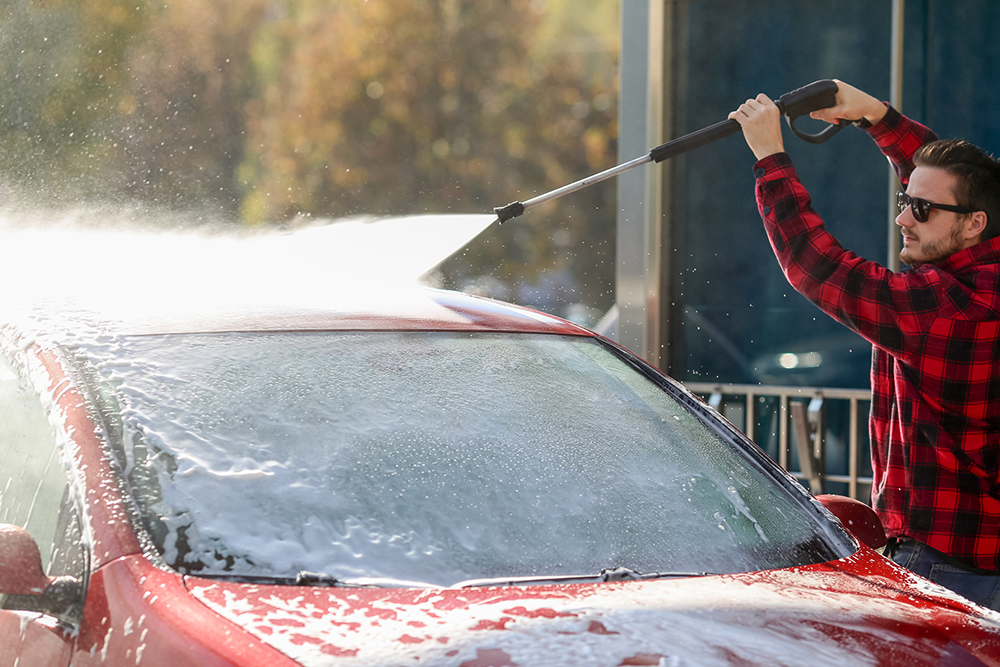Tackle road grime to prevent corrosion damage

Salt and sand improve traction on icy roadways or driveways but can damage your vehicle’s undercarriage, wheels and lower extremities. How can you keep your vehicle from corrosion caused by winter road grime?
“Drivers should rinse off their vehicles once a week especially if they live in an area where road salt is common,” said Jim Dvorak, car care expert at Mothers car care products.
The winter of 2014 has been particularly harsh for drivers and their vehicles. Transportation agencies from coast to coast often spread salt and sand in an effort to improve traction. Homeowners also use de-icing products on driveways.
Road splash containing salt or sand combines with brake dust on wheel rims. It also sticks to the undercarriage of your vehicle.“Wheels are susceptible to pitting and corrosion, especially rims that are chrome-plated or polished aluminum,” Dvorak said.
In contrast, stock wheels generally have a clear coat that covers the rim and helps protect against corrosion. Salt and brake dust can penetrate the outer layer to cause permanent damage including discoloration, Dvorak said.
“Wheel corrosion exists no matter where you live,” Dvorak said. “Mud and brake dust retain moisture and over time cause corrosion. Rinsing off your vehicle frequently is a lot cheaper than replacing an expensive rim.”Dvorak had the following suggestions for keeping your vehicle’s lower extremities from damage caused by salt, sand and road grime:
- Rinse off your vehicle weekly, especially if you drive through areas that use salt or sand on roadways and driveways. Make sure to rinse the lower parts of your vehicle thoroughly.
- Salt and road grime readily adheres to wheel surfaces. Use a non-acidic cleaner designed specifically for wheels and tires. Avoid household cleaners, which can cause permanent damage and discoloration.
- Tough jobs may require a brush or sponge. Be careful: Tools for cleaning wheels should not be used other surfaces of your vehicle. Corrosive brake dust and grime can damage painted surfaces.
- Rinse off the undercarriage of your vehicle to remove accumulated mud and grime. Automatic car wash facilities and self-serve facilities offer a good alternative when inclement weather prevents drivers from pulling out the hose at home. Those facilities also recycle waste to prevent it from entering the nation’s waterways.
- Add a layer of protection for your vehicle surfaces. A good wax should be applied frequently—once every few months—if you live in inclement weather. It’s one of the easiest ways to help keep your vehicle from getting weathered by rain and snow.
“Winter grime is a problem no matter where you live,” Dvorak said. “It’s one of those things drivers tend to neglect.”